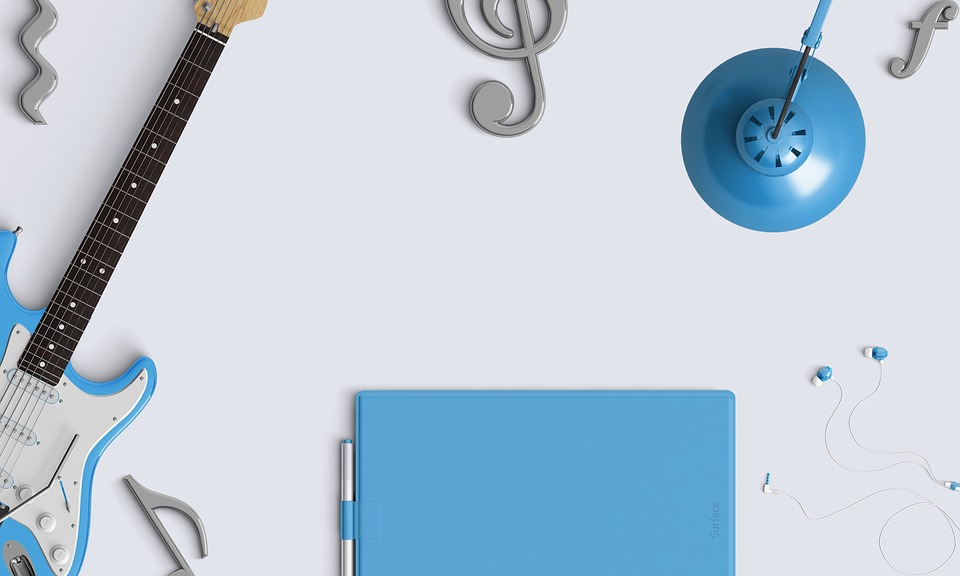
[ad_1]
How to Optimize Your Guitar Practice Routine for Maximum Results
Introduction
Guitar practice is essential for improving your skills and mastering the instrument. However, simply spending hours playing the same songs and scales may not be the most effective way to improve. To make the most out of your practice sessions, it’s important to have a structured routine that focuses on specific goals and techniques. In this article, we will discuss how to optimize your guitar practice routine for maximum results.
Setting Goals
Before you start practicing, it’s important to set clear and achievable goals for yourself. Whether you want to improve your speed, learn new chord progressions, or master a specific song, having a goal in mind will give your practice sessions direction and purpose. By setting goals, you can track your progress and stay motivated to keep practicing.
Creating a Schedule
Once you have set your goals, it’s time to create a practice schedule that works for you. It’s important to be realistic about the time you can dedicate to practice each day, whether it’s 30 minutes or several hours. Try to spread out your practice sessions throughout the week to allow for rest and recovery. Consistency is key when it comes to practicing, so try to stick to your schedule as much as possible.
Warm-Up Exercises
Before diving into your practice routine, it’s important to warm up your fingers and hands. This will help prevent injury and improve your overall performance. Warm-up exercises can include simple finger exercises, stretches, and playing scales at a slow tempo. Spend 5-10 minutes warming up before you begin your practice routine.
Technical Exercises
Improving your technical skills is crucial for becoming a better guitarist. Technical exercises can include scales, arpeggios, and fingerpicking patterns. Focus on a specific technique each day and dedicate time to practicing it. Use a metronome to gradually increase your speed and accuracy. It’s important to focus on proper technique and form when practicing technical exercises to avoid developing bad habits.
Learning New Material
Learning new songs, chord progressions, or riffs is a great way to improve your playing. Choose a new piece of music to learn each week and break it down into smaller sections. Practice each section slowly and gradually increase the tempo as you become more comfortable. Take the time to analyze the music and understand the theory behind it. Learning new material will not only improve your skills but also keep your practice routine engaging and enjoyable.
Ear Training
Ear training is an essential part of becoming a well-rounded musician. Spend time each day practicing your ear training skills, whether it’s through playing by ear, transcribing music, or using ear training apps and software. Developing your ear will help you learn music faster, improvise more effectively, and become a better overall musician.
Review and Repetition
Repetition is key when it comes to mastering the guitar. Once you have learned a new technique or piece of music, make sure to review and practice it regularly. Repetition will help solidify your skills and muscle memory. Focus on areas that you struggle with and dedicate extra time to practicing them. It’s important to be patient and persistent when it comes to mastering the guitar.
Rest and Recovery
While practicing regularly is important, it’s also essential to allow for rest and recovery. Over-practicing can lead to burnout and injury. Make sure to take breaks during your practice sessions and listen to your body. If you ever feel pain or discomfort, take a break and seek medical advice if necessary. It’s important to strike a balance between hard work and rest to avoid injury and fatigue.
Conclusion
Optimizing your guitar practice routine for maximum results requires planning, dedication, and hard work. By setting clear goals, creating a structured schedule, and focusing on specific techniques, you can improve your skills and become a better guitarist. Remember to practice consistently, stay patient, and take care of your physical and mental well-being. With the right approach, you can make the most out of your practice sessions and achieve your musical goals.
[ad_2]
